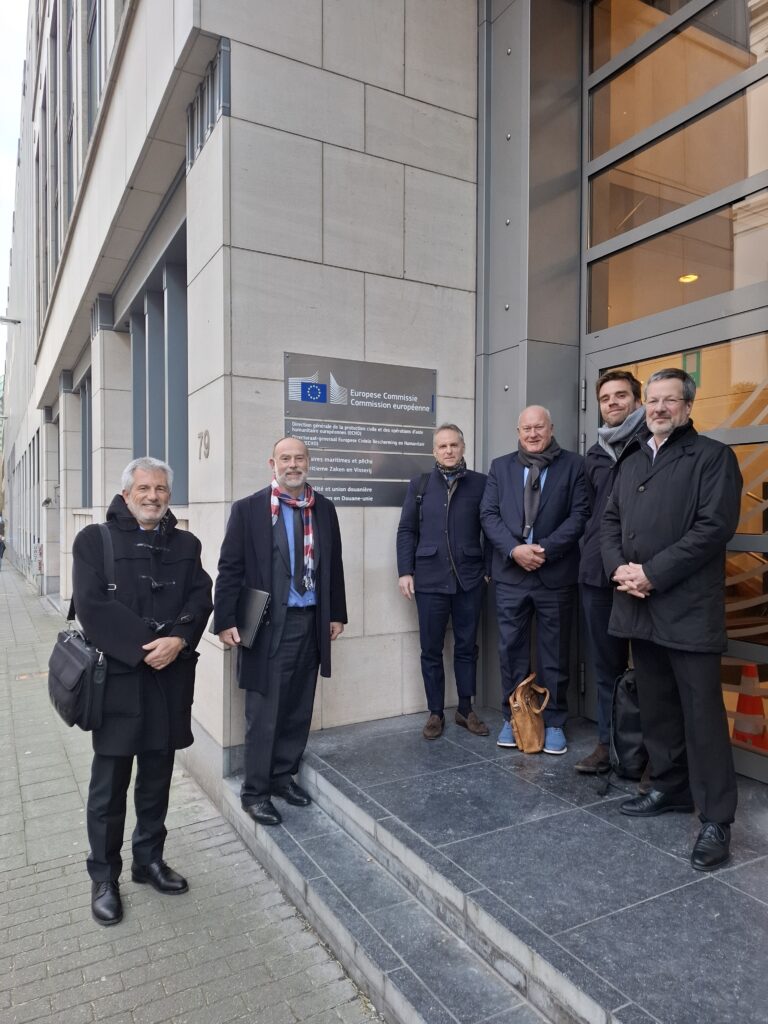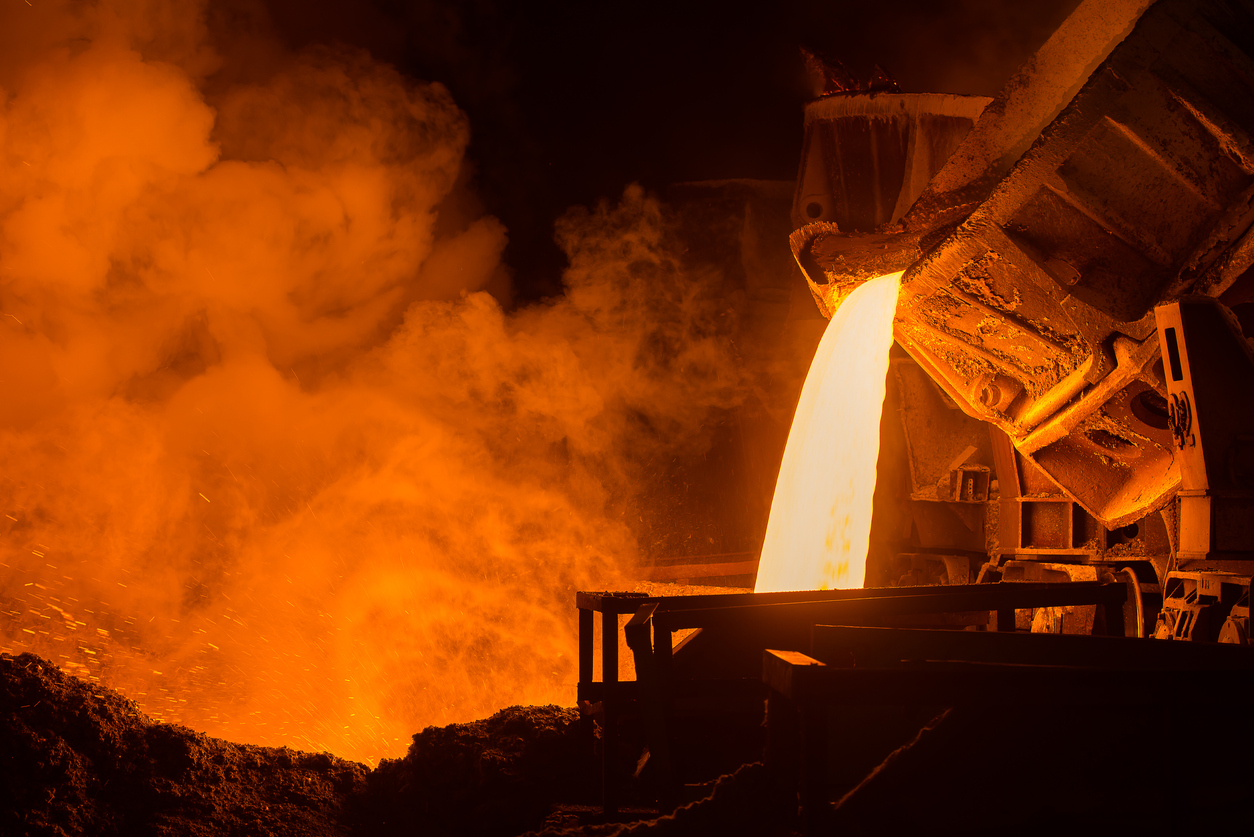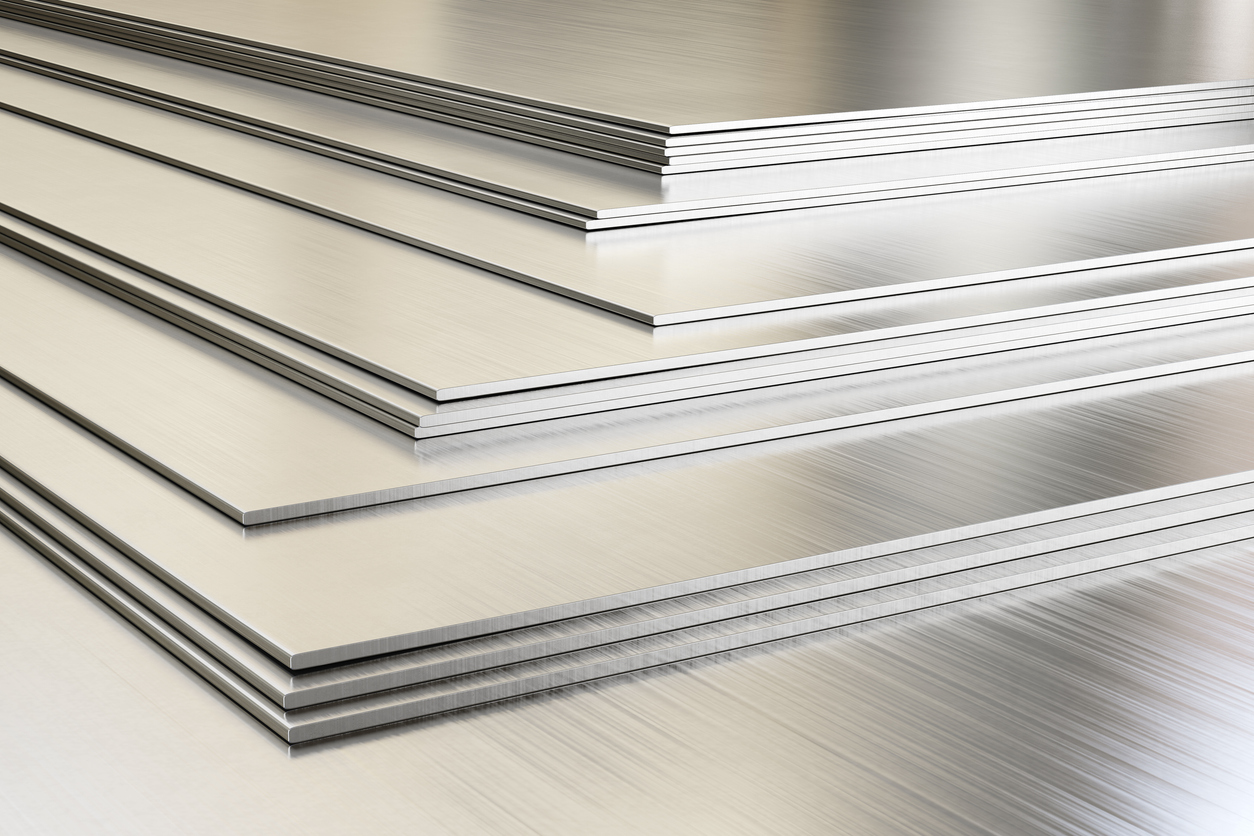
Austria and France reimburse anti-dumping duties on Indian SSSPT
Background
Early 2017. Following a complaint of circumvention of anti-dumping measures against China, the EC’s Directorate General for Trade conducted an exhaustive investigation into seamless stainless steel pipe and tube (SSSPT) production in India.
Nine months later, the EC cleared Indian producers of all suspicion and published their findings in Commission Implementing Regulation (EU) 2017/2093 of 15 November 2017. This terminated the investigation and, from then on, EU importers felt confident importing these products.
That is, until OLAF decided otherwise in 2019, declaring that the “Chinese” antidumping duties of up to 72% were due on such imports from India. The ensuing court battle between importers and the European Commission would four years later lead to the European Court of Justice (ECJ) handing down its so-called ‘Stappert Germany Ruling’.
Court of Justice of the EU
In its preliminary ruling, the ECJ invalidated OLAF’s assessment which had applied the primary list rules of Annex 22-01 UCC DA for SSSPT under subheading 7304 41, which, according to the Court, did not comply with article 60(2) of the Union Customs Code (UCC).
This ECJ ruling implicitly points to the basic rule set out in Art. 60(2) of the UCC, according to which a substantial transformation confers a new origin to a product. In other words: the cold forming of seamless stainless steel tube blanks is sufficient to warrant a new country of origin.
Even so, the customs authorities of several EU Member States took this ruling to national courts for further clarification.
EU’s Traditional Own Resources
Why are importers still being persecuted by their customs administration, despite having been cleared by the ECJ? The EC, reluctant to admit OLAF’s error of assessment in this matter, does not want to issue a formal notice to EU Member States to end the procedure. As a result, customs administrations are, strictly speaking, still under a legal obligation to collect antidumping duties, especially while 75% of all import duties levied by EU Member States are part of the EU’s “traditional own resources”.
Should customs authorities close their administrative case without formal approval from the Commission, their national authorities could be held liable for uncollected antidumping duties. Since the products involved are costly, and the rate of antidumping duty imposed is exorbitant (72%!), the financial impact is considerable. Customs are therefore very reluctant to close the pending proceedings on their own initiative.
Read more in: How does the EC decide on import regulations?
Austria and France follow ECJ Ruling
As far as we know, since the ECJ’s ‘Stappert Germany Ruling’ on 21 September 2023, every single judgment handed down in the EU has been in favour of the importer. We are happy to report that also Austrian and French Courts have ordered their customs authorities to join other European countries in reimbursing antidumping duties collected on imports of SSSPT from India.
This is, in no small part, thanks to the consultation meetings we organises between our members and their lawyers. Many EURANIMI members have been affected by OLAF’s assessment. By sharing information on judgements already handed down in other countries, our members’ legal teams are served irrefutable arguments to take to their respective national courts.
Austria
On 14 June 2024, the Austrian Federal Fiscal Court in Vienna and on 15 July 2024, the Austrian Federal Fiscal Court in Graz based their judgement on the preliminary ruling of the European Court of Justice while widely referring to rulings on similar cases by the German Federal Fiscal Court of Düsseldorf and by the Italian Fiscal Court of Venice. Austrian customs authorities have not appealed either judgement, and wrongfully claimed duties have since been paid back to affected importers.
France
On 8 January 2025, on the sole basis of the preliminary ruling by the European Court of Justice, the Orléans judicial court annulled the duty collection notice issued by French customs on imports of SSSPT from India. This unequivocal ruling should put an end to the few remaining administrative disputes between importers and customs authorities in France.
Five Still to Follow
At the time of writing there are still cases open in Germany, Italy, Denmark, Belgium, and the Czech Republic, at both administrative and judicial levels. Although we are confident this painful episode will eventually be resolved, we expect it will take further national court rulings along the lines of those issued by the ECJ.
End of Lengthy Battle in Sight
At the heart of the costly legal battle between the EC, national customs agencies, and importing distributors is the question of whether cold forming of SSSPT constitutes “substantial transformation”. Significant and specialist enough to warrant a new country of origin. In its ‘Stappert Germany Ruling’ the ECJ ruled that it is. As such, Annex 22-01 of the Union Customs Code is set to be amended to avoid future confusion.
EURANIMI Consults with Customs Expert Group
Late last year, EURANIMI reached out to DG TAXUD’s Customs Expert Group – part of the legislative branch of the European Commission – offering our support. The EC’s Customs Expert Group welcomed our concrete technical suggestions for amendments. After all, any legislative updates directly impact our industry.
[article continues below photograph]

The EURANIMI delegation from left to right: Richard Luff, Christophe Lagrange, Luca Pentericci, Rob Greve, Lucas Verborgh, and Thorsten Studemund
And so, on 14 January 2025, a very open and constructive exchange of views took place in Brussels with the Head of Unit of TAXUD.A.6 (Rules of Origin and Customs Valuation) and her team. Our delegation included Luca Pentericci and Thorsten Studemund – former CEOs of two large processing/distribution groups – acting as EURANIMI’s industry experts and technical advisers, our lawyers Richard Luff and Lucas Verborgh of Van Bael and Bellis, as well as our own Rob Greve and Christophe Lagrange.
We were exceptionally well prepared, and the questions asked, and observations made by TAXUD officials means we are confident that Annex 22-01 UCC-DA will soon be amended in a clear way and in accordance with the industrial reality of seamless pipe production. This should eliminate the risk of costly uncertainties in future import orders for cold formed SSSPT. We will be sure to update you on the contents of the updated Annex 22-01 UCC-DA, so stay tuned!
Like what we’re doing? Join EURANIMI as a member and play an active role in shaping our industry’s future.
Related Articles
Case Documents
Please log in as a member to consult all related case documents.



